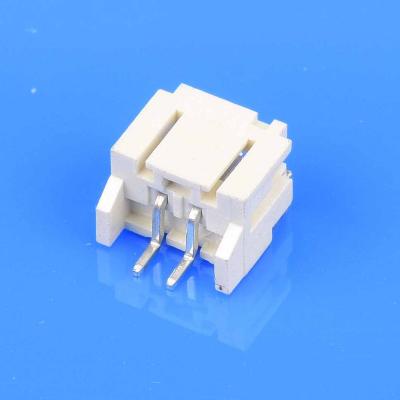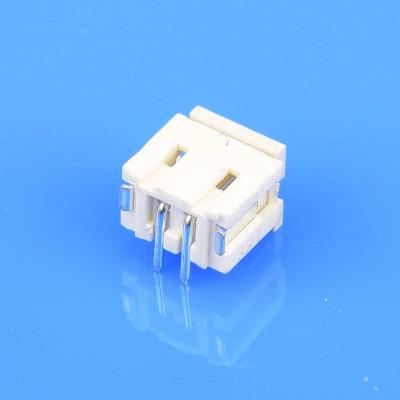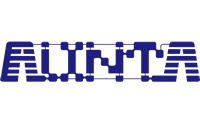
Medical Equipment
In the field of medical equipment, connectors assume a vital role as essential components that enable seamless communication, data exchange, and power transmission within a wide range of medical devices and systems. These connectors are meticulously designed to meet the specific demands of the healthcare industry, ensuring reliability, safety, and compatibility with various medical equipment.
Interconnectivity: Medical equipment encompasses a wide range of devices, from patient monitoring systems and diagnostic equipment to surgical instruments and imaging devices. Connectors serve as the bridge that establishes secure connections between these devices, allowing them to exchange data, signals, and power efficiently.
Signal Transmission: In medical devices, accurate and uninterrupted signal transmission is crucial. Connectors facilitate the transmission of signals such as vital signs, imaging data, and diagnostic information between different components of the medical system. High-quality connectors minimize signal loss and interference to ensure reliable data accuracy.
Power Distribution: Many medical devices require a stable power supply to operate effectively. Connectors are responsible for distributing power from the source to various components within the equipment. They are designed to manage different power levels and ensure consistent energy delivery without interruptions.
Safety and Reliability: Patient safety is paramount in the medical field. Connectors used in medical equipment undergo stringent testing and adhere to regulatory standards to ensure they meet safety requirements. Robust connector designs prevent accidental disconnections, reducing the risk of device malfunctions during critical procedures.
Sterilization Compatibility: Medical equipment often needs to be sterilized to prevent the spread of infections. Connectors must be designed with materials that can withstand various sterilization methods, such as autoclaving, ethylene oxide (EtO) sterilization, and disinfectants, without compromising their functionality.
Ease of Use: Medical professionals require connectors that are easy to handle, especially in high-pressure situations such as surgeries and emergency care. Connectors designed for medical applications often feature ergonomic designs and user-friendly locking mechanisms to enable quick and secure connections.
Customization: The medical equipment market spans various specialties and applications, each with its unique requirements. Connectors can be customized to suit specific medical devices, accommodating factors like form factor, pin configuration, and materials to ensure seamless integration.
EMI/RFI Shielding: Electromagnetic interference (EMI) and radio-frequency interference (RFI) can disrupt the operation of medical equipment. Connectors with proper shielding prevent these interferences, maintaining the integrity of sensitive medical signals and data.
Biocompatibility: Medical connectors come into contact with patients, making biocompatibility essential. The materials used in connector construction must be safe for contact with human tissue, ensuring that patients are not exposed to harmful substances.
Diagnostic and Imaging Connectivity: Medical imaging equipment relies on precise data transmission for accurate diagnoses. Connectors enable seamless communication between imaging devices and the systems that display and analyze medical images.
Remote Monitoring and Data Exchange: With the advancement of telemedicine and remote patient monitoring, connectors play a role in transmitting patient data to healthcare providers for real-time assessment. Connectors enable secure data exchange, enabling medical professionals to monitor patients remotely.
Compliance and Regulatory Standards: Medical equipment and devices must adhere to strict regulatory standards to ensure patient safety and device efficacy. Connectors used in medical equipment must meet these regulations and often undergo rigorous testing to obtain certifications.
In conclusion, connectors in the medical equipment market are intricately designed to meet the stringent demands of the healthcare industry. They enable communication, power distribution, and data exchange while prioritizing patient safety, reliability, and compatibility. The unique requirements of medical devices drive the design and engineering of connectors, ensuring they contribute to the seamless operation of vital medical equipment.
Related Products

( 2 . 0mm )

( 1 . 5mm )


